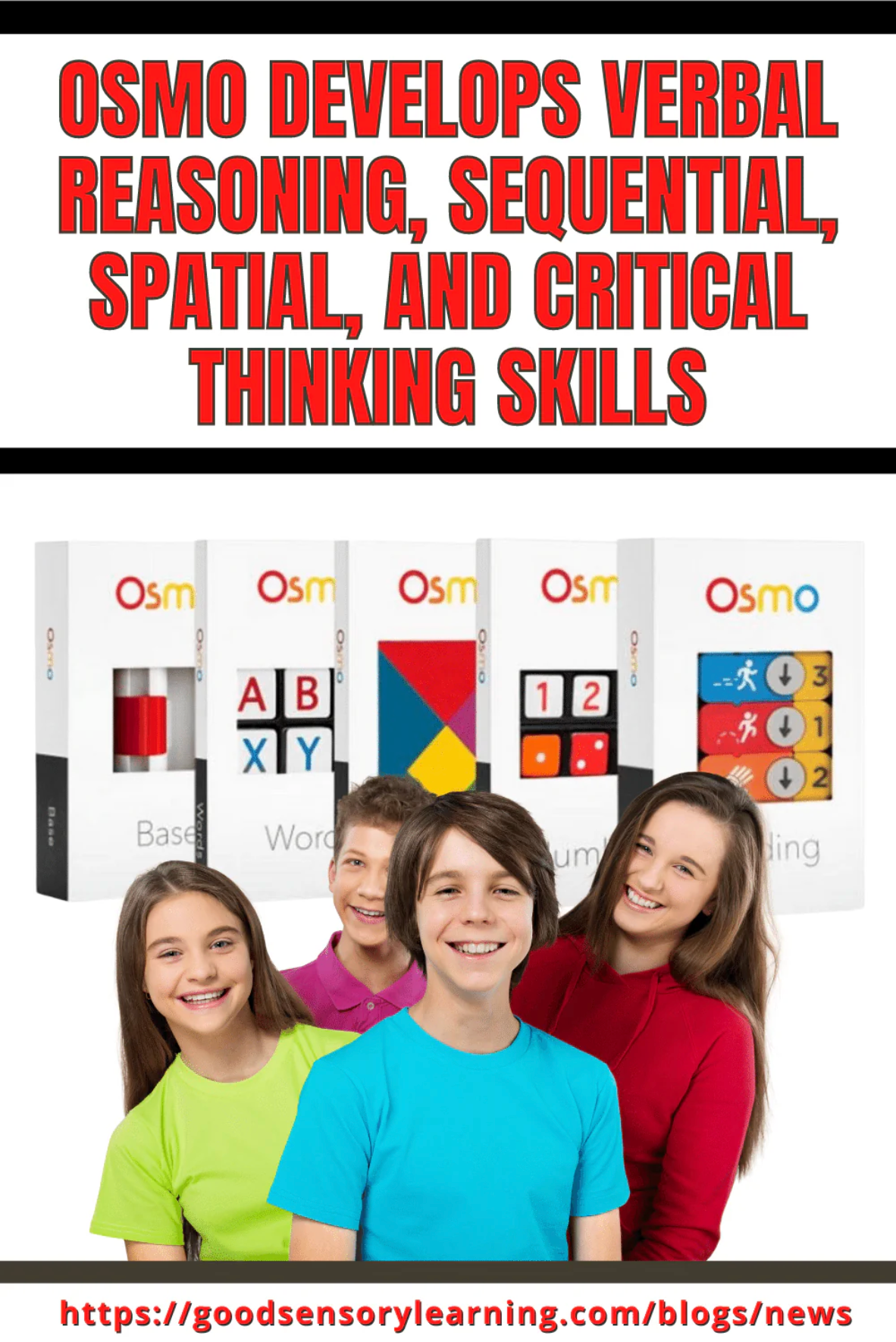Tailoring Reading Remediation for Faster Results
There are thousands of reading remediation programs out there, as well as reading specialists who can help learners master the complex task of learning to read.
However, the process can be taxing, time-consuming, and expensive. In fact, many students are placed into slow and boring programs that force them to wade through a sequence of lessons, many of which are not needed and not fun.

How Can Reading Remediation Be Tailored to Meet Individual Needs?
Assessing each student's needs is imperative so that time can be used efficiently and positive results can abound quickly. This will allow the instructor to individualize remedial goals for maximum results.
Related Materials: Reading Remediation Resources - CLICK HERE
How Can Individual Needs Be Assessed?
There are a number of areas that need to be evaluated to see where there are proficiency gaps. Once you know where the problem areas lie, you can focus on remediation. Here are the areas that should be assessed.
- Letter: name/sound recognition
- Rhyming words
- Syllable divisions
- Word Blending
- Beginning sounds
- Middle sounds
- Ending sounds
- Words to sounds
- Drop the first sound
- Drop the last sound
- Sight words
- Closed syllables
- Open syllables
- Silent-E syllables
- Consonant LE syllables
- R-combination syllables
- Vowel combinations
- Syllabication
- Beginning blends, digraphs, and trigraphs
- Ending blends
- Compound words
- Prefixes
- Suffixes
- Compound words
Is There A Publication That Assesses These Needed Areas?
The Good Sensory Learning Reading Assessment offers a comprehensive, 27-subtest evaluation that helps to tailor any phonics-based or Orton-Gillingham reading program. It was designed to offer reading specialists, teachers, and parents an easy assessment. The score sheet, pictured to the right, allows administrators to highlight instructional goals, and the re-administration (post-intervention) provides comparative information about the success of the intervention as well as additional needs.
If you would also like to use remedial materials that bring the fun factor into lessons, consider Reading Games, Reading Games 2, and Reading Board Games. In addition, you can also find other great multisensory, fun reading materials at www.GoodSensoryLearning.com.
Cheers, Erica
Dr. Erica Warren is the author, illustrator, and publisher of multisensory educational materials at Good Sensory Learning. She is also the director of Learning to Learn and Learning Specialist Courses.
- Blog: https://goodsensorylearning.com/blogs/news
- YouTube Channel: https://www.youtube.com/user/warrenerica1
- Executive Function Podcast: https://goodsensorylearning.com/pages/the-personal-brain-trainer-podcast-with-dr-erica-warren
- Store: http://www.Goodsensorylearning.com/
- Courses: http://www.learningspecialistcourses.com/
- Newsletter Sign-up: https://good-sensory-learning.kit.com/drericawarren






Leave a comment
This site is protected by hCaptcha and the hCaptcha Privacy Policy and Terms of Service apply.